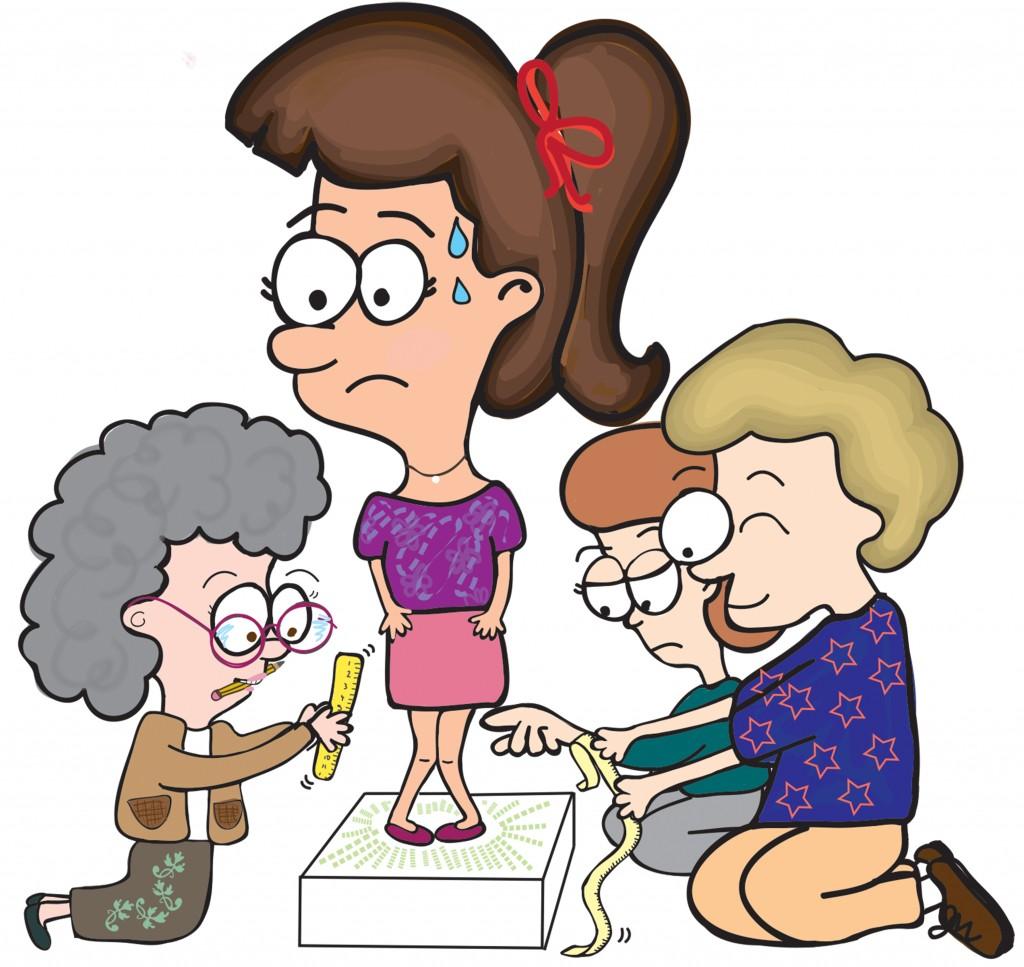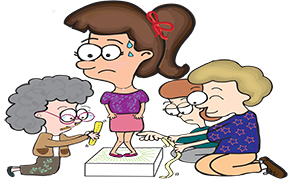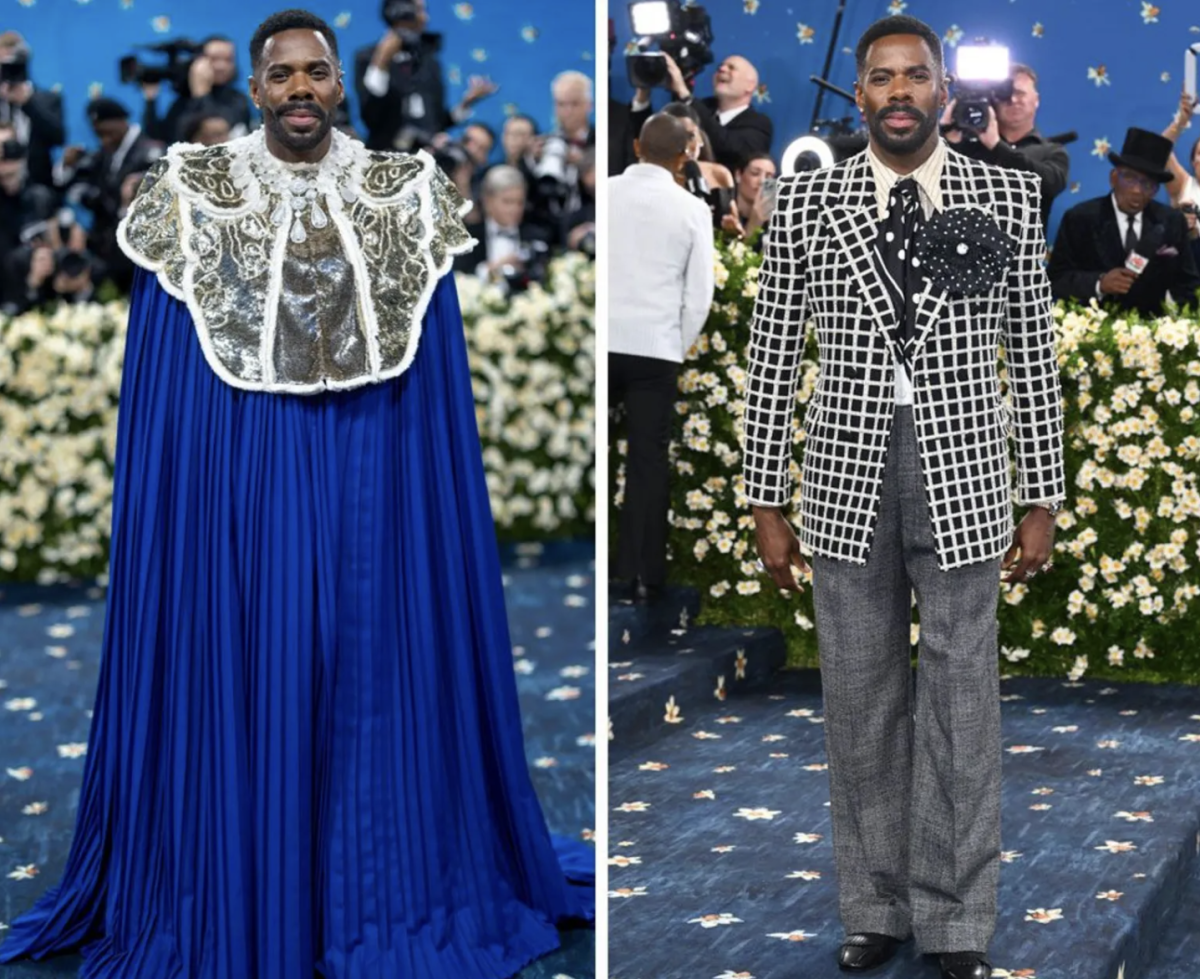
A look into why women dress the way they do, and the pressure that goes along with it
On March 19, the senior class from both St. Mark’s School of Texas and Hockaday met for the annual senior dinner–attire business formal. The invitation, along with the strict dress code, created a panic amongst the form as girls debated what business attire entailed, what would be appropriate and how they would be perceived.
All over the world, many women professionals face constant scrutinization by the media and public for their attire. Most recently, First Lady Michelle Obama faced heavy criticism for her clothes on a diplomatic visit to Japan. This pattern has caused many women to speak out against what they believe is a sexist attitude.
Hockaday students experience it when they leave campus to compete in both Model United Nations or debate tournaments, as well as other activities.
Junior Rajya Atluri, who has competed at Model United Nations competitions for three years, said that she has seen an unfair focus on girls and their clothing at these events.
“It’s always the girls who are called out for what they are wearing, for either being too revealing or inappropriate, but I’ve never seen a boy being called out for not wearing his suit or the wrong shoes,” Atluri said.
She went on to say that this has an impact on the girls, their performance and even how they are viewed by the other competitors.
“I think it makes the girls really uncomfortable during conferences. They have to be so aware of their clothing at all times,” said Atluri. “When [administrators] make our clothes so important, it takes away from the actual substance of the competition and also allows the boys to make comments like ‘she only won because she was wearing a short skirt.’”
The American Psychological Association’s Task Force on the Sexualization of Girls states that “sexualization occurs when a person’s value comes only from his or her sexual appeal or behavior.” They conducted an experiment by having girls take a math test, once in a swimsuit and once in a sweater. The results showed that the girls performed significantly worse when wearing the swimsuit. Their conclusion was that when girls have to focus on their attire or bodies, they give less attention to their academic pursuits, simultaneously creating a culture of negative body image.
This new dress code debate has also been part of the world-wide discussion on moving blame away from girls in instances of sexual assault. Senior Emily Graue said that when girls are taught that their clothing can be distracting to others, it perpetuates the notion that they are responsible for making others comfortable for their behavior.
“If people are still policing girls and telling them how to sit and what to wear, then that shows a society that is still wrapped up in controlling girls, which is a huge problem,” Graue said.
Graue believes an easy fix to this facet of the problem is to change the way in which attire and dress codes are talked about.
“We need to change the language around dress codes and shift the focus from being appropriate or not revealing too much to be about formality and fitting the occasion,” she said. “If we change the manner in which dress codes are explained and enforced, then we can weed out the body shaming and create a healthy discussion.”
- Avita Anand


